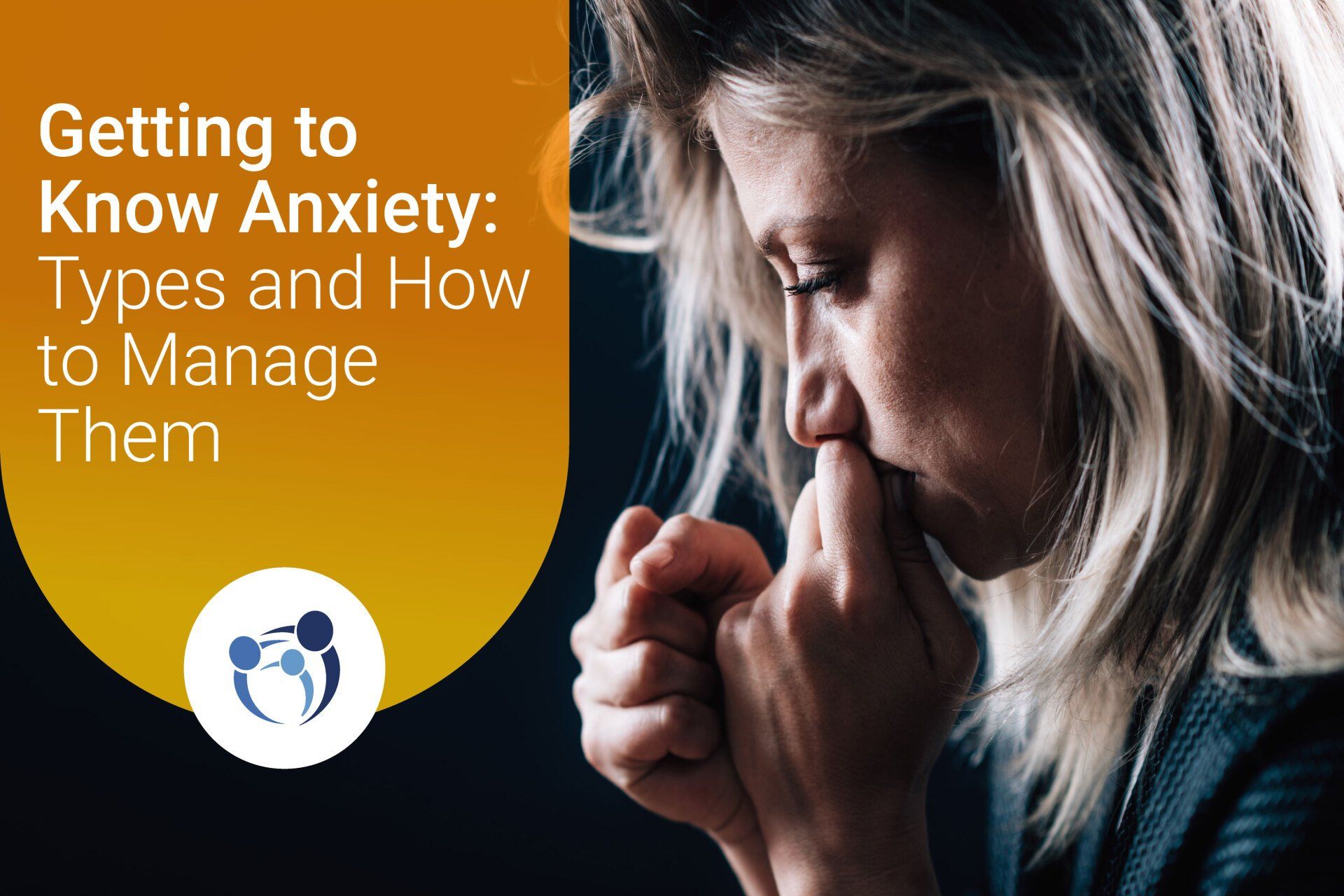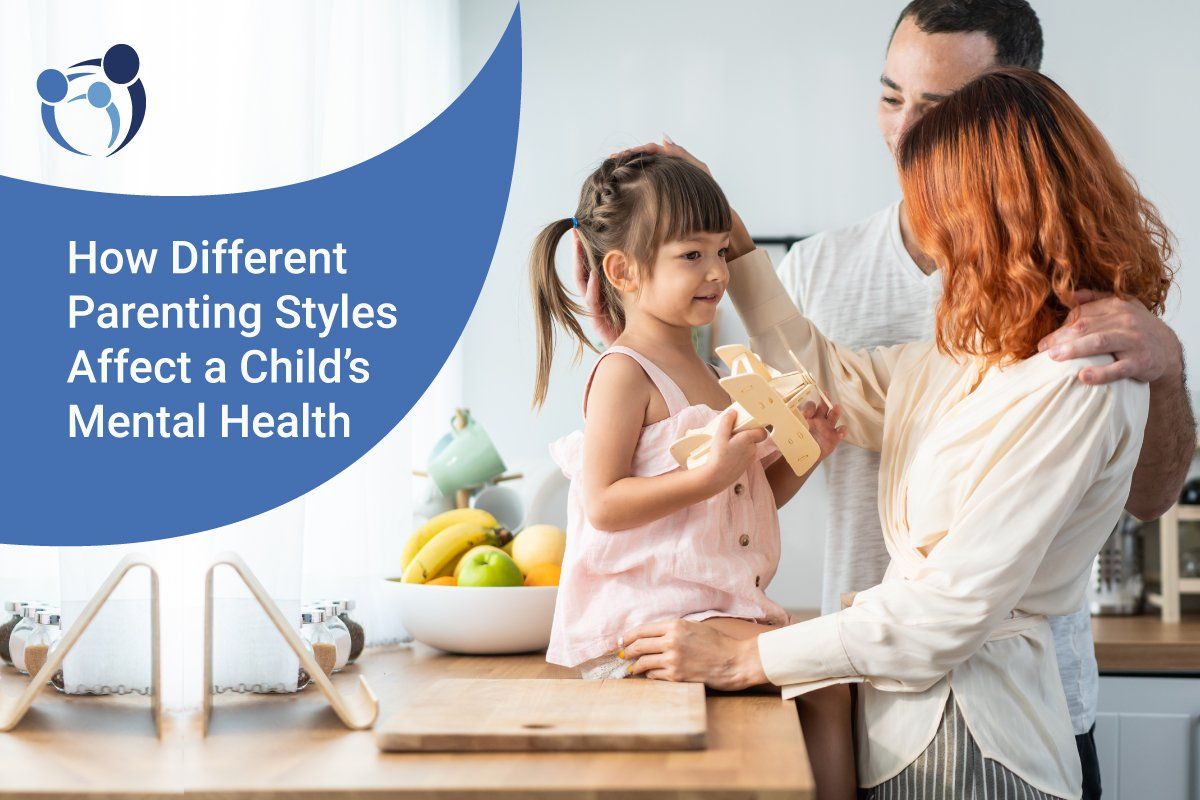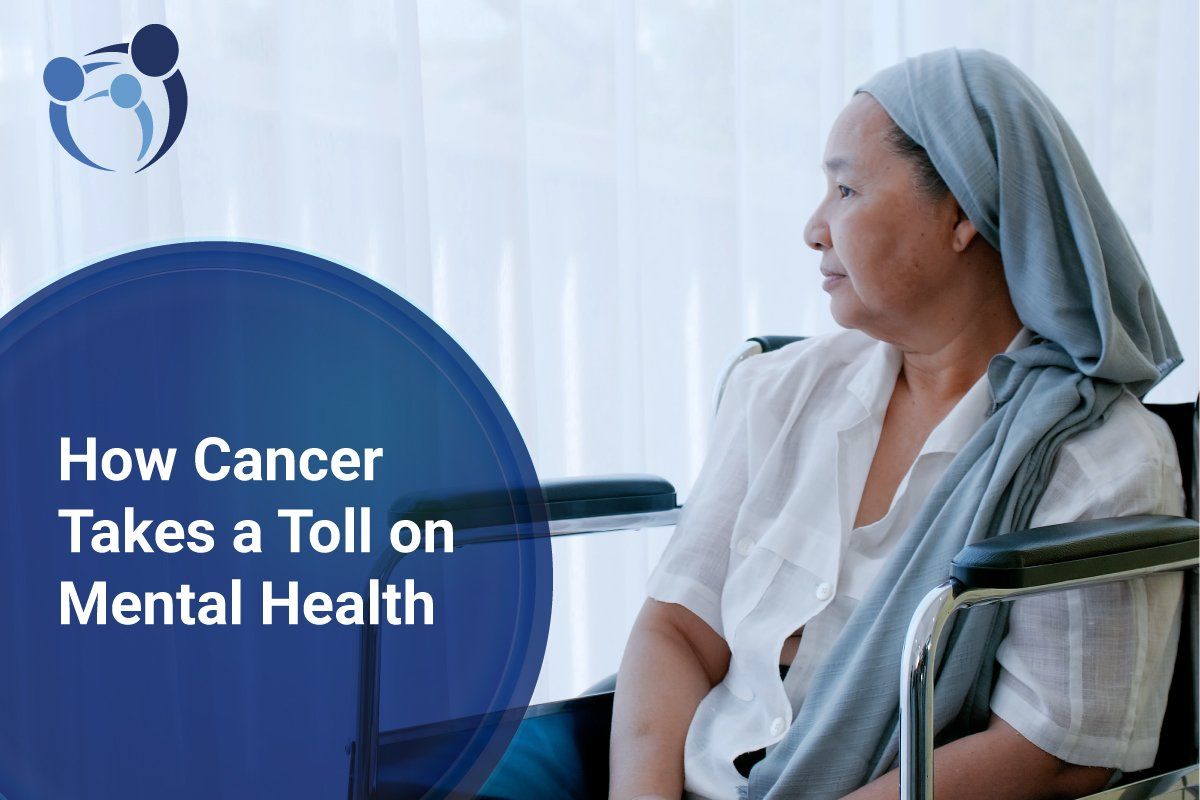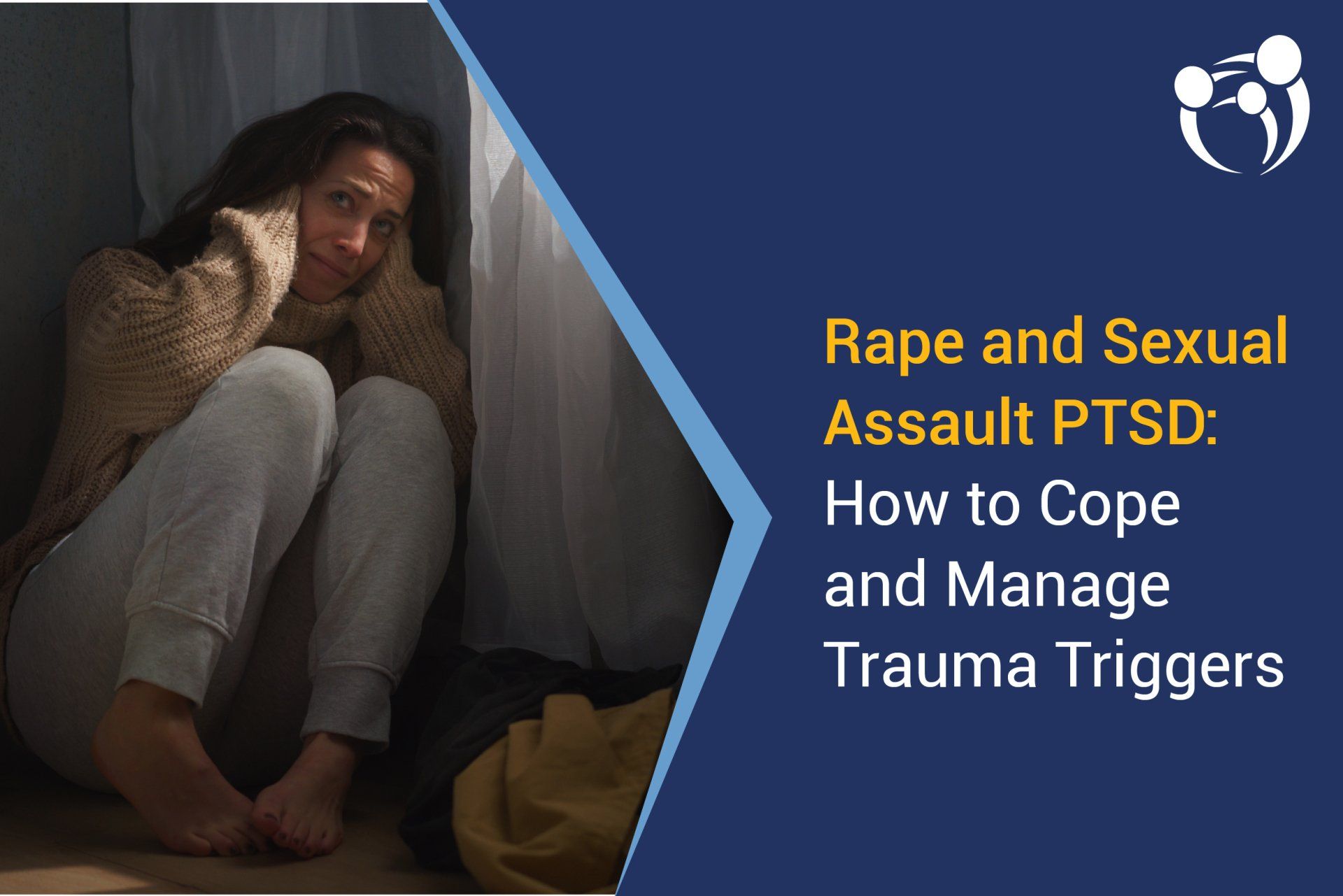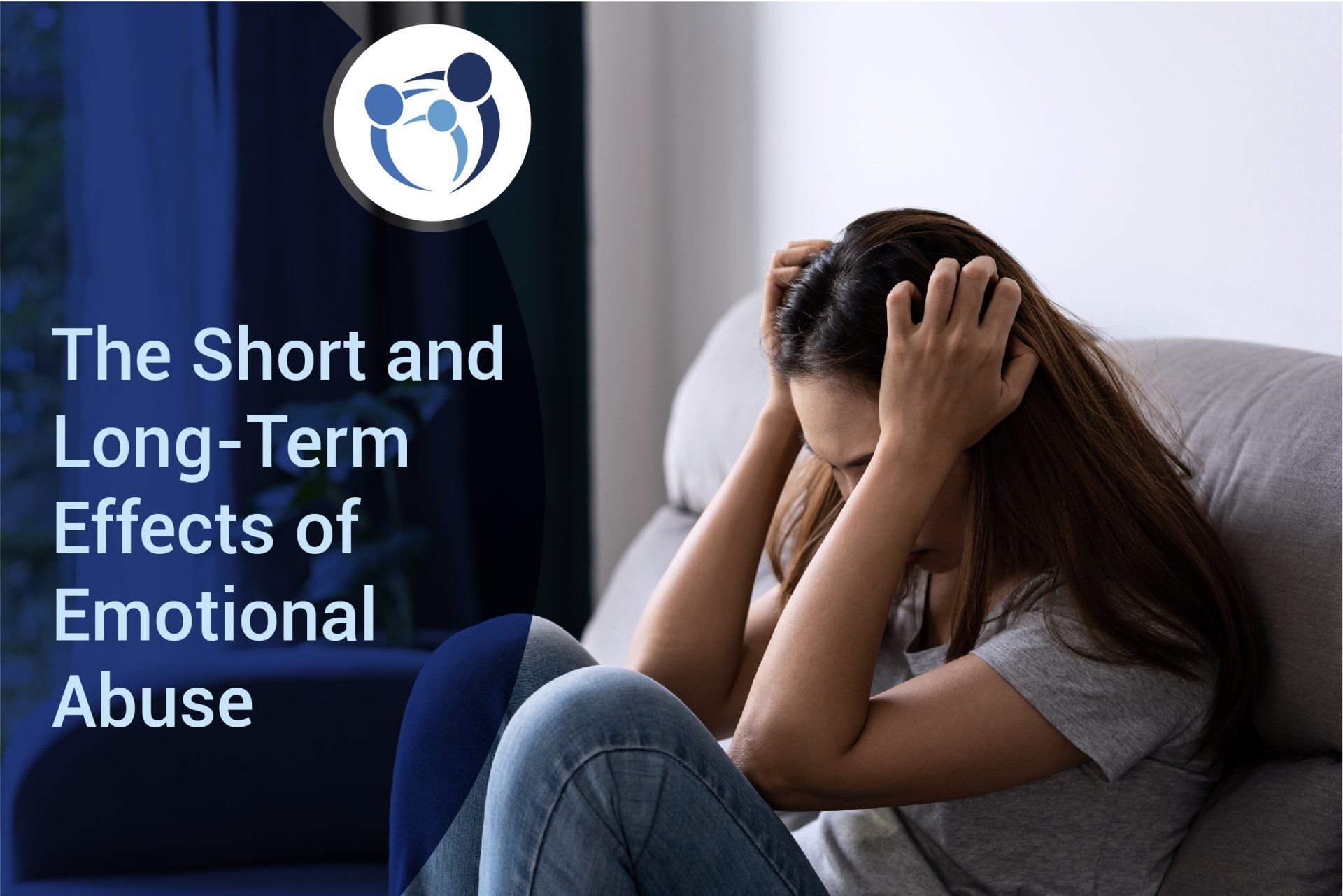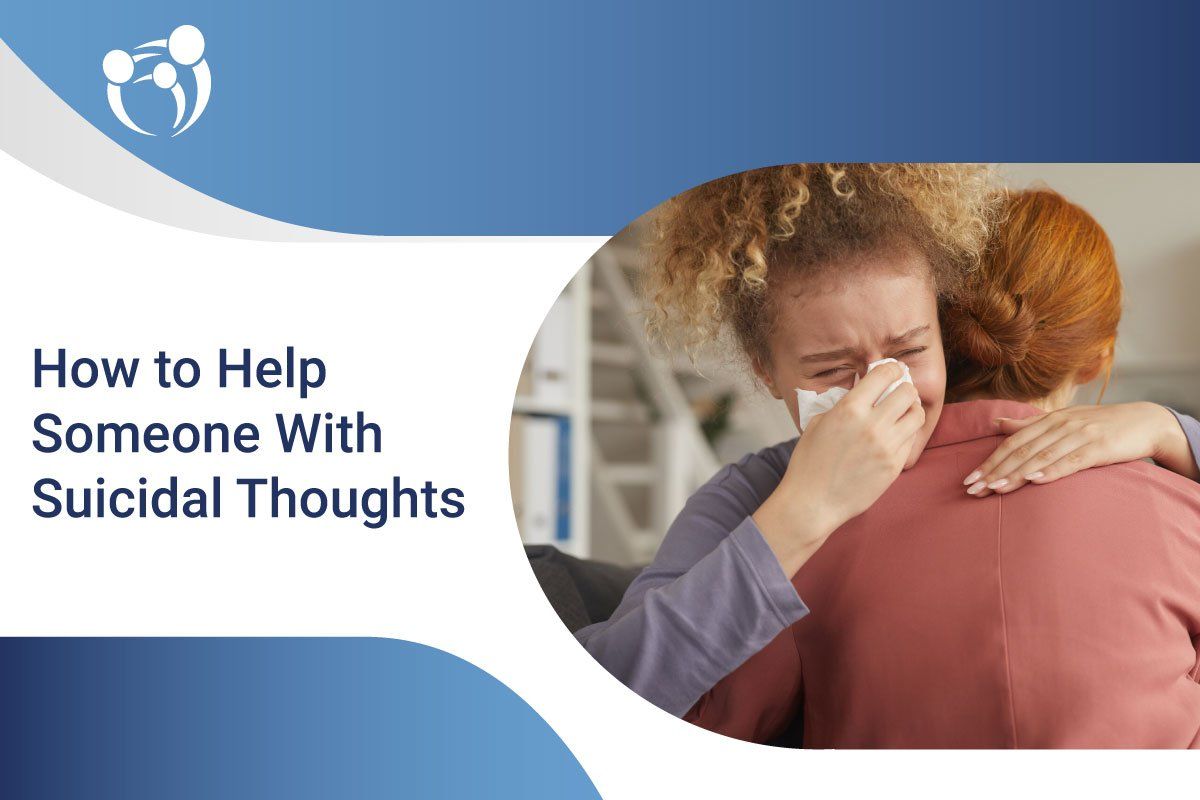Overview
Everyone experiences different types of anxiety occasionally. It is a normal emotion that affects individuals from all walks of life. We all feel dread, fear, and uneasiness at some point. Therefore, there's nothing unusual about it. However, anxiety could develop into adverse mental conditions. It has the potential to create a negative impact on people's lives.
Complications often turn into bad situations where individuals with anxiety disorders experience panic attacks. It affects their ability to function ordinarily in their daily lives. Their performance at work or school declines. What's more, it affects the people around them too.
This blog post will discuss the types of anxiety disorders in detail. We will provide you with tips on how to manage them effectively. If you think you or a family member is struggling with anxiety, this article is perfect for you. So, without further delay, let's jump right in.
What is Anxiety?
Anxiety pertains to the feeling of excessive fear, worrying, dread, or uneasiness. People with anxiety experience frequent episodes that often lead to panic attacks. It may sound normal to regular people, but it has a more significant impact on individuals with anxiety disorders.
Types of Anxiety Disorders
There are six types of anxiety disorders. We compiled them into a comprehensive list to better understand.
Generalized Anxiety
Generalized anxiety disorder encompasses the feelings of
- Excessive worrying
- Feeling Tense all the time
- Uneasiness
- Fear of what could happen
These emotions often lead to physical manifestations like
- Restlessness
- Stress
- Palpitations
- Nausea
- Overfatigue
- Muscle tension
- Chronic pain
- Inability to focus or concentrate
The overall impact of generalized anxiety negatively affects people living with it. They tend to perform poorly at school or work, and at times it can negatively affect their relationships. In addition, it compromises their ability to complete ordinary chores or tasks.
Phobias
We all know what phobia is. It is the fear of a specific object, situation, person, or place. Emotions magnify to overwhelming heights in a person with an anxiety disorder. Individuals with this type of disorder go to great lengths to avoid being in a situation where they have to face their fears.
Agoraphobia
Speaking of phobias, here is another excellent example. Agoraphobia is the feeling of being in a situation where the individual feels that escape is impossible or embarrassing. Here are some common examples where an individual with agoraphobia may find uncomfortable
- Traveling in public transportation
- Getting stuck in open spaces
- Being in enclosed spaces
- Waiting in line or stuck in a crowd
- Being outside their homes alone
Agoraphobia typically lasts for more than six months.
Panic Disorder (Panic Attacks)
The epicenter of a panic disorder is frequent and intense panic attacks. Panic attack episodes dramatically affect a person's ability to function normally. Here is a list of the anxiety signs and symptoms that usually occur as a combination
- Tremors and shaking
- Palpitations
- Sweating (cold)
- Chest pain or discomfort
- Lightheadedness or dizziness
- Difficulty in swallowing or choking sensation
- Hot flashes
- Chills
- Abdominal pain and discomfort
- Nausea
- Detachment
- Sudden fear of dying
- Shortness of breath
- Numbness or tingling sensations
- Fear of snapping and losing control
The severity of these signs and symptoms is similar to other health conditions like cardiovascular diseases. Some people associate panic disorder with heart attacks.
Separation Anxiety Disorder
Separation anxiety disorder pertains to the feeling of intense fear of being separated from a person to whom an individual has a deep attachment. This disorder applies to parents and their children and vice-versa. It could also happen in romantic relationships.
Social Phobia or Social Anxiety Disorder
A person living with social phobia tends to avoid being in large crowds of people or being in the spotlight. They are too self-conscious and afraid of committing a mistake in front of an audience. In addition, they fear being judged negatively by others most of the time.
Other Types of Anxiety Disorders
The disorders above are the most common types observed by medical experts. On the other hand, there are different, less common types of anxiety disorders equally distressing.
They are
- Selective mutism
- Substance-induced anxiety disorder
- Specific phobias
- Anxiety disorder due to health issues
- Severe anxiety
Anxiety Disorder Treatment
Cognitive Behavioral Therapy (CBT)
CBT is a branch of psychotherapy that medical experts use in treating all kinds of anxiety disorders. Its focus is to change how people with anxiety think, react, and behave. One approach may include exposure therapy. It exposes the individual to confront their fears with professional assistance.
Medication
Anti-anxiety or antidepressant medications play a crucial role in treating anxiety disorders. Some types of drugs work specifically with different conditions. Never use self-medication when dealing with anxiety disorders. Always follow your doctor's instructions to avoid complications and increase its efficacy.
Additional Tips
Aside from therapy and medications, you can try different approaches to dealing with anxiety. Here are a few helpful tips.
- Exercise and be physically active
- Try some relaxation techniques like Yoga and Pilates
- Avoid drinking alcoholic beverages
- Quit smoking
- Open up to your friends and family
- Eat healthy foods
- Learn to manage stress
- Accept your condition and learn to move on
Manage Anxiety and Live Life to The Fullest
A Center for Mental Wellness offers the most efficient treatments for all types of anxiety disorders. Our medical experts use modern and innovative techniques to deal with anxiety inside and outside the clinic. We understand the challenges associated with anxiety disorders. That's why we will never give up on you. At A Center for Mental Wellness, you are not alone. We are here for you.
Call us to set a schedule by dialing (302) 647 1397.
(302) 674-1397
help@acfmw.com
All Wellness Centers
Serving Greater Dover and Newark
All Wellness Centers
Serving Greater Newark & Dover
ACFMW | All Rights Reserved.
